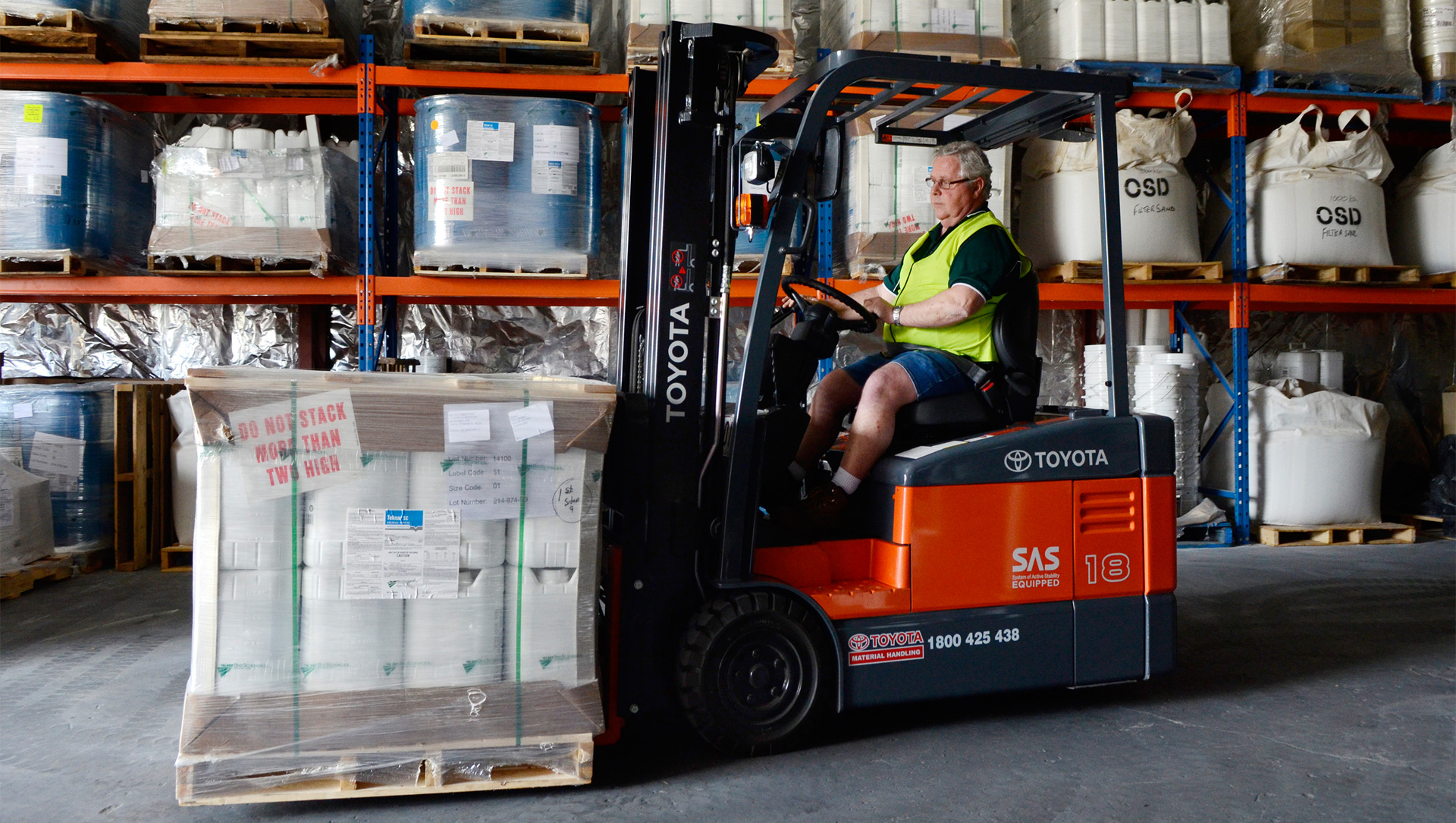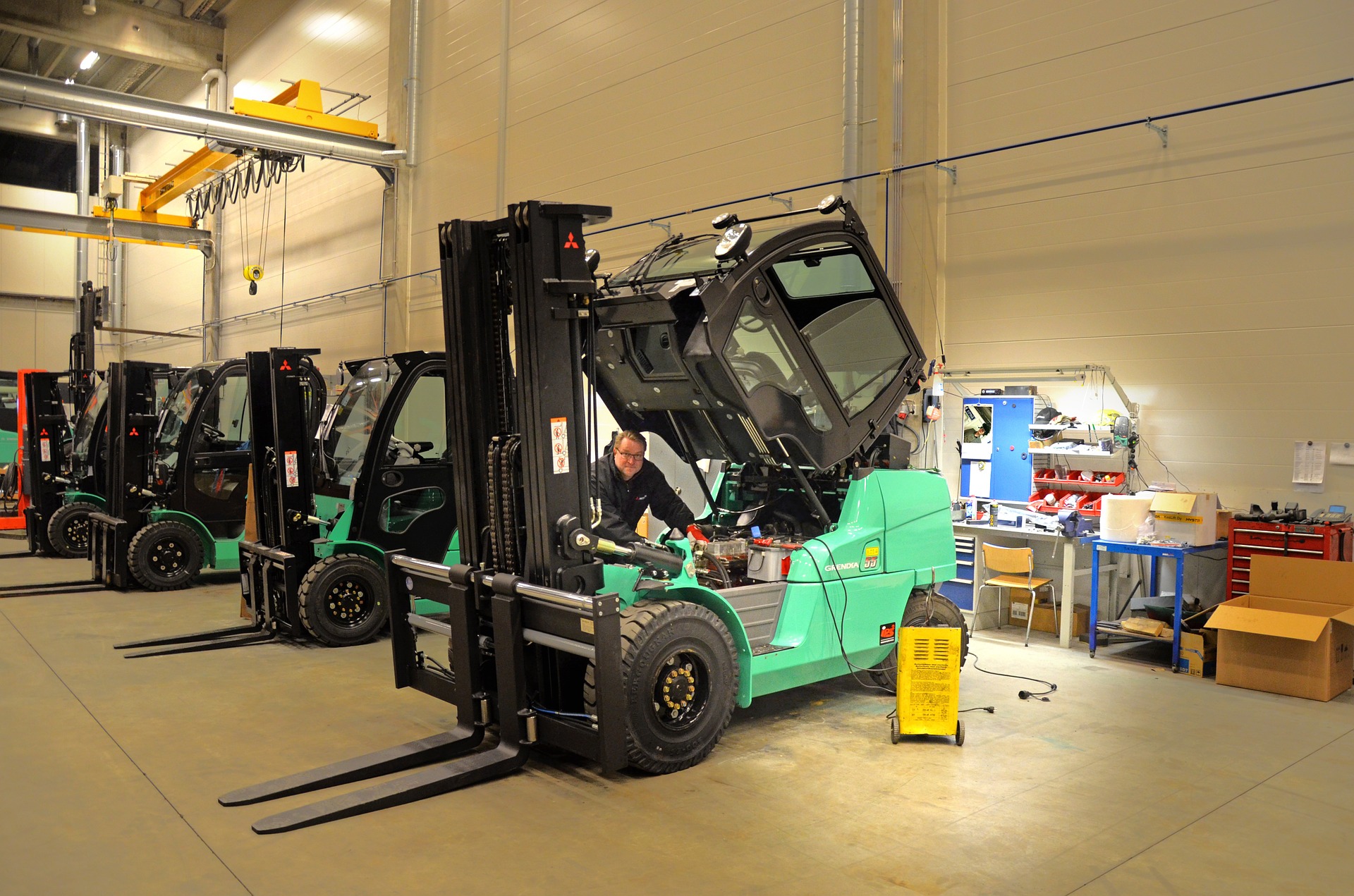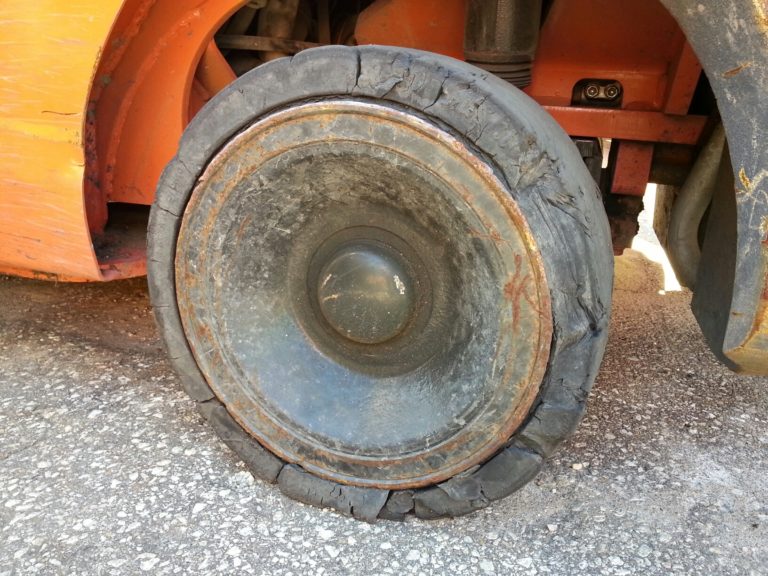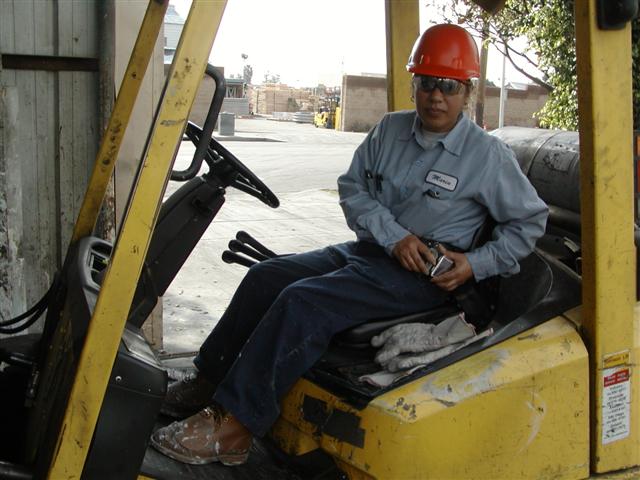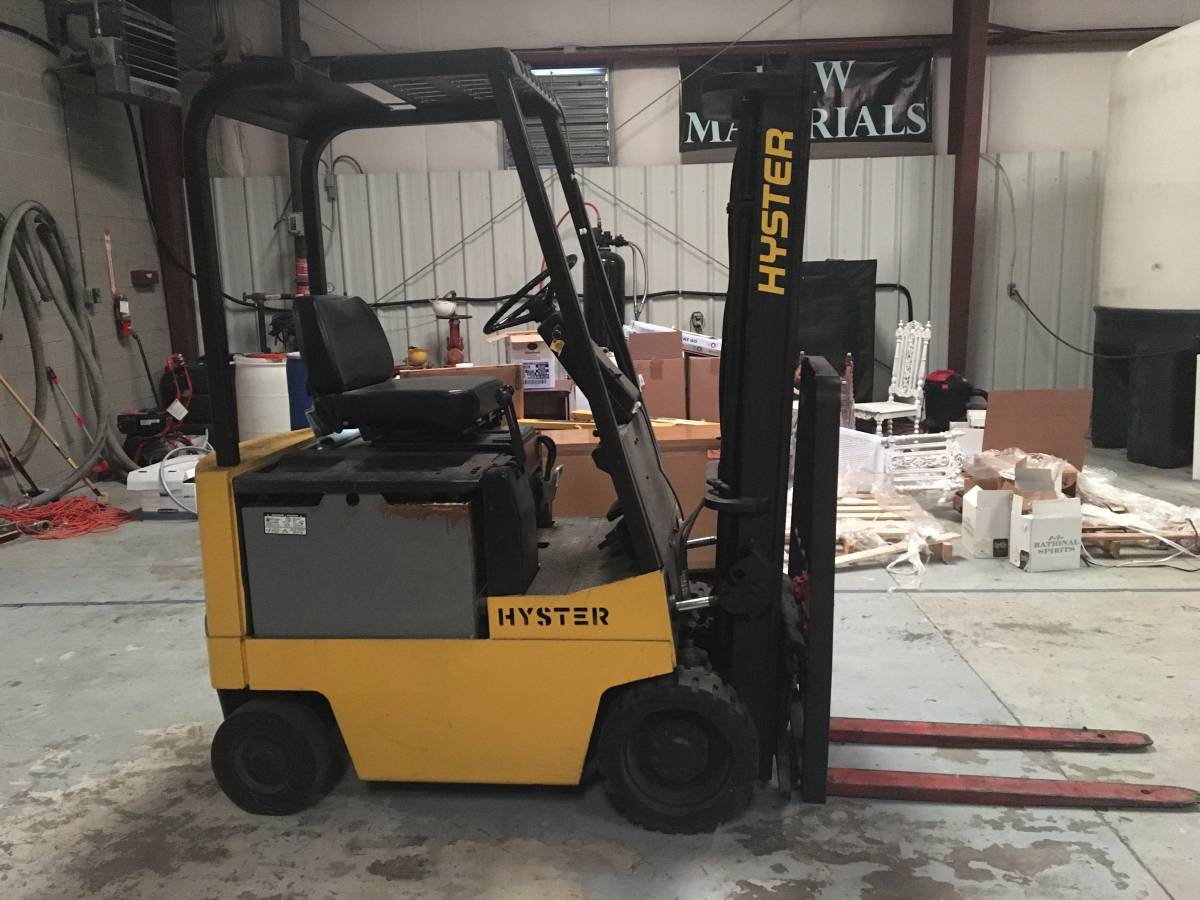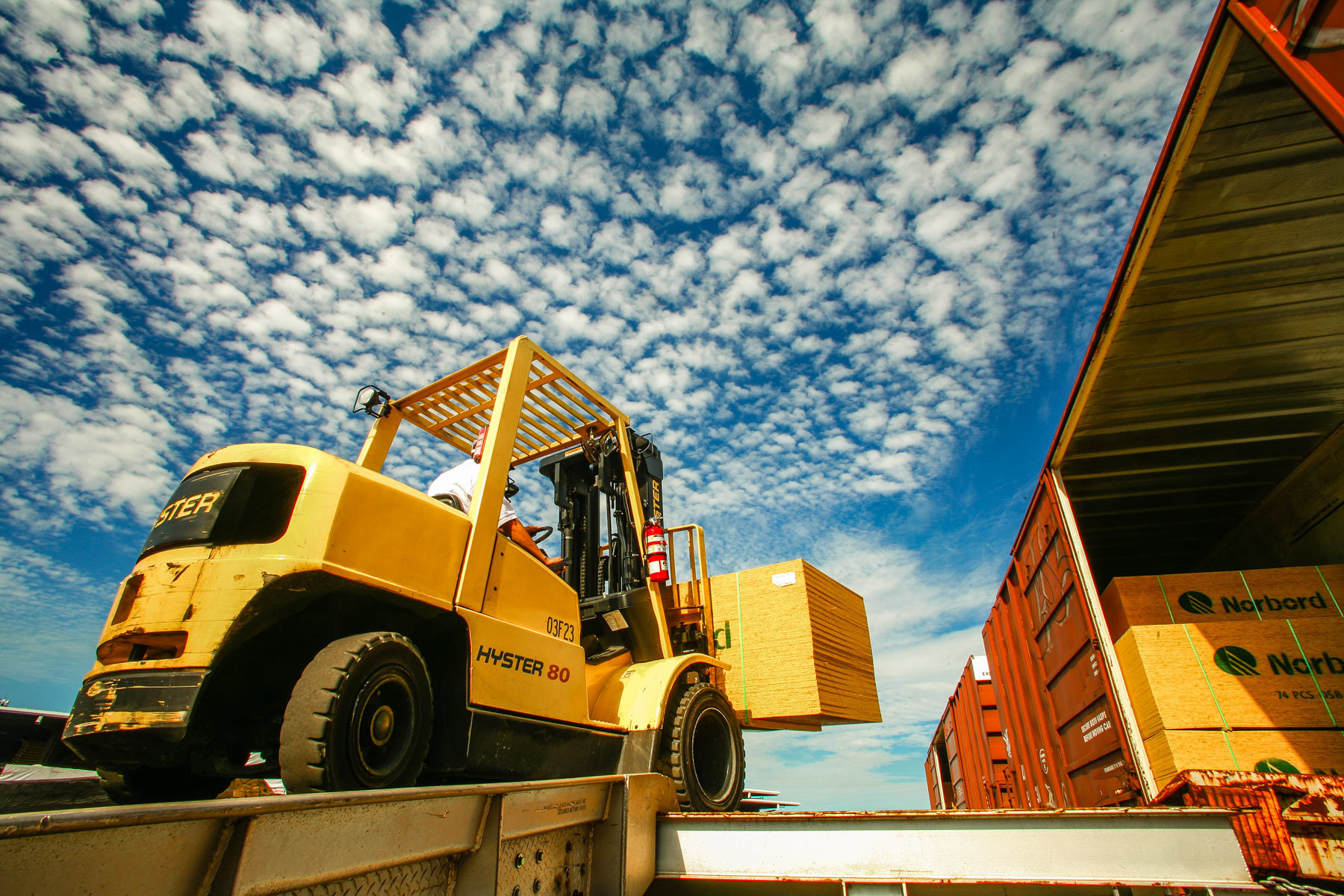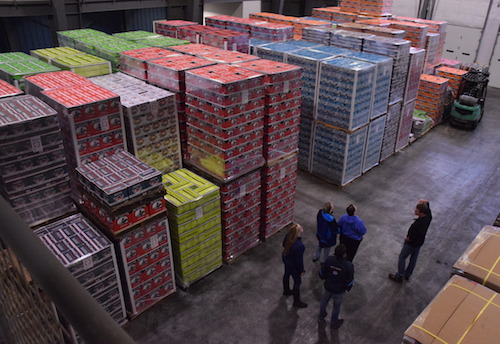Regardless of whether you own a majority of new or used forklifts, forklift fleet management is a critical part of your operation. Chances are that there’s some room for improvement in terms of your forklift fleet management system. Good fleet management means reducing overall costs and improving efficiency, productivity, safety, and compliance. Whether you’re new to the fleet management role, or just looking for some ways to increase efficiency, we’ve got some quick tips below that should help!
1. Evaluate your fleet on a regular basis.
Keeping appraisals of your fleet up to date can help you track the value of your equipment. It will also help you manage forklift maintenance and give you a heads-up when machines need to be replaced.
It’s important to keep records on the age, mileage, condition, and forklift maintenance performed on your machines. All this information will come in handy when it comes time to sell or replace equipment. By assessing your fleet, you can decide whether you’ll need all your current equipment for future projects. If not, you can sell that equipment and save on forklift maintenance.
2. Find a dealer that understands all your material handling needs.
The best-case scenario when it comes to fleet management is building a relationship with a company that you trust. It’s important to be able to go to a partner that can provide total solutions in all areas of your operation. This includes equipment rental and purchase, forklift maintenance needs, parts, and other equipment demands.
When looking for equipment, you’ll want to find a trusted dealer to help you with various aspects of forklift fleet management. With so many options out there, that can be tough to do. Using a tool like Industrial Forklift Truck can make this process easier for you.
Industrial Forklift Truck is a free online price comparison site. A team of experts pre-screens dealers nationwide to find the highest-quality options. Then, they collect an inventory of forklifts from these dealers and send you free pricing on each listing that meets your needs.
3. Make sure your operators are properly trained.
Proper training will help you save on overall costs and headaches. Your operators are an important part of your forklift management. When your operators and general workers are given comprehensive safety training, you reduce the risk of equipment damages, injuries, OSHA fines, and insurance costs. Well-trained operators are also likely to make fewer mistakes and can focus on increasing warehouse productivity. You can find training programs through your local dealer or compliance training businesses.
4. Invest in fleet management software.
There are a number of forklift fleet management systems out there. These types of programs can help you track operating costs, equipment conditions, and operating behaviors. Automated monitoring will make your job easier and help to reduce costs, manage drivers, and optimize performance in the warehouse. Several manufacturers produce their own versions of forklift fleet management systems. If this sounds like a good fit, research your options and ask for referrals to determine the best fit for your business.
5. Optimize performance by staying up to date.
Stay up to date on equipment advancements that may help increase productivity. Keep up with the latest product availability and resources. When it comes to forklift maintenance, consider negotiating a fixed-price maintenance contract with a local dealer to perform all needed repairs for a monthly fee. This will free you from worrying about the cost of individual issues so you can focus on other aspects of forklift fleet management.
Many forklift rentals come with a maintenance package included in the cost of the equipment.
Having the right equipment is the most important part of operational efficiency. If you’re constantly spending money on forklift maintenance and your equipment is regularly in the shop, consider investing in a new forklift.
A site like Industrial Forklift Truck can help you compare your options quickly. Get free quotes on all your options before you choose.
Fleet management won’t happen overnight, but if you’re committed to making improvements and identifying opportunities, better efficiency is possible. Use these tips to improve forklift fleet management at your warehouse today.
